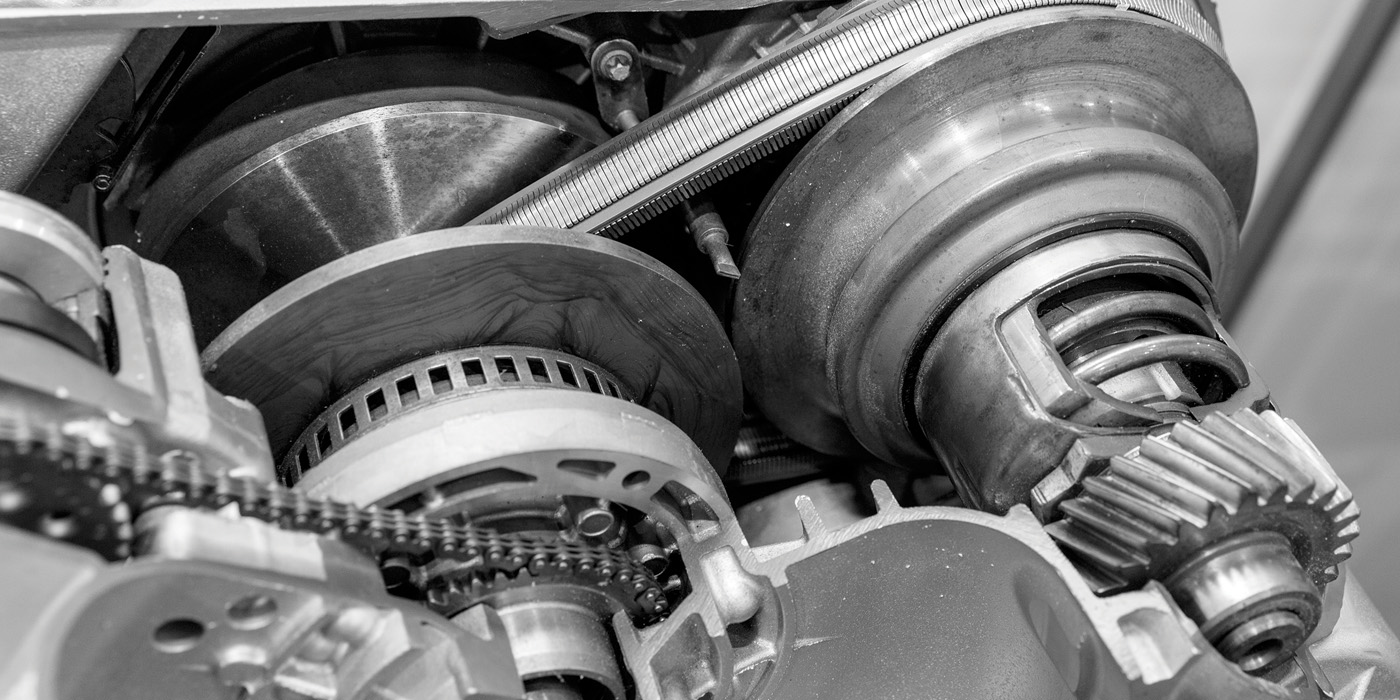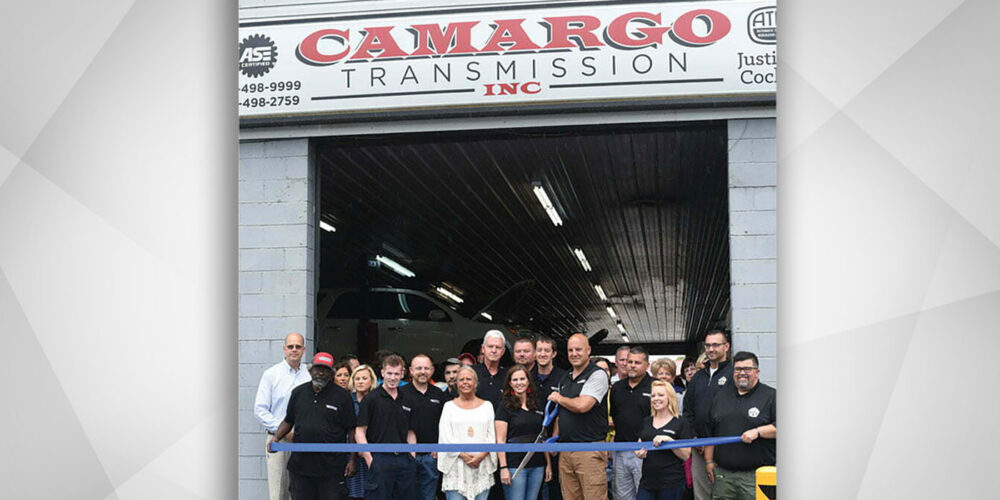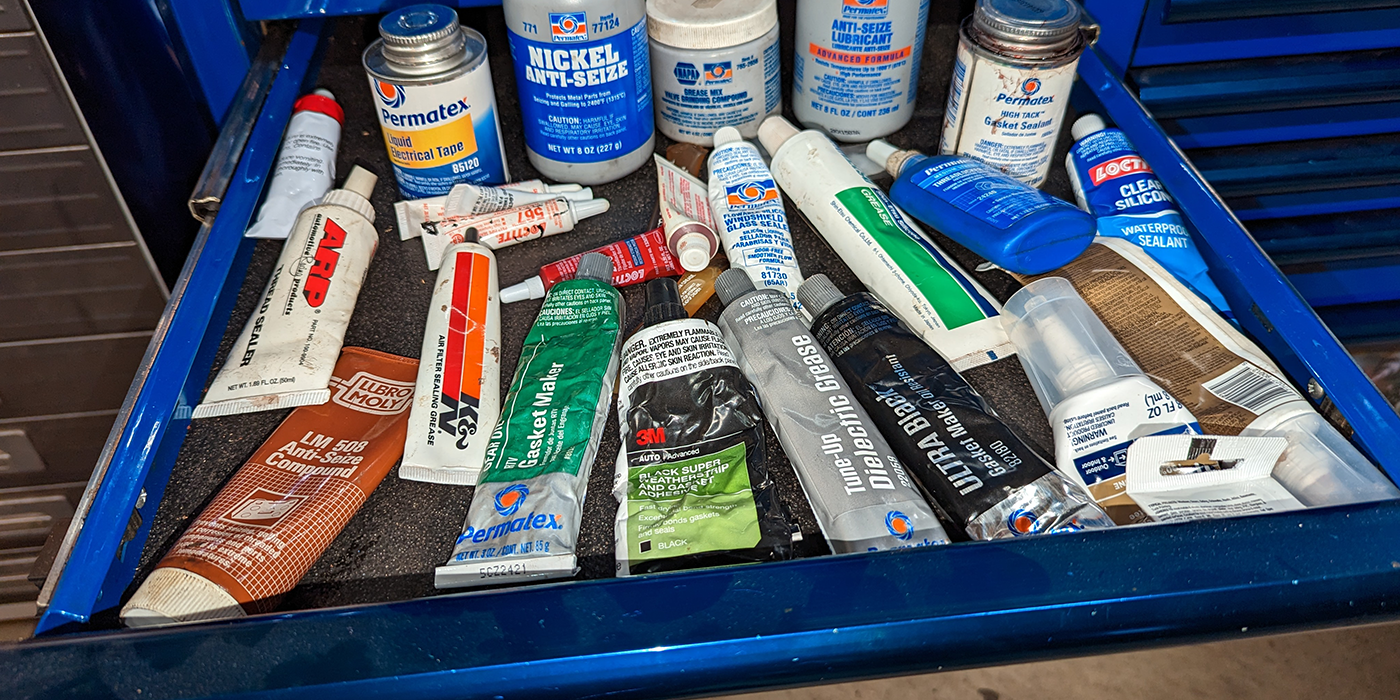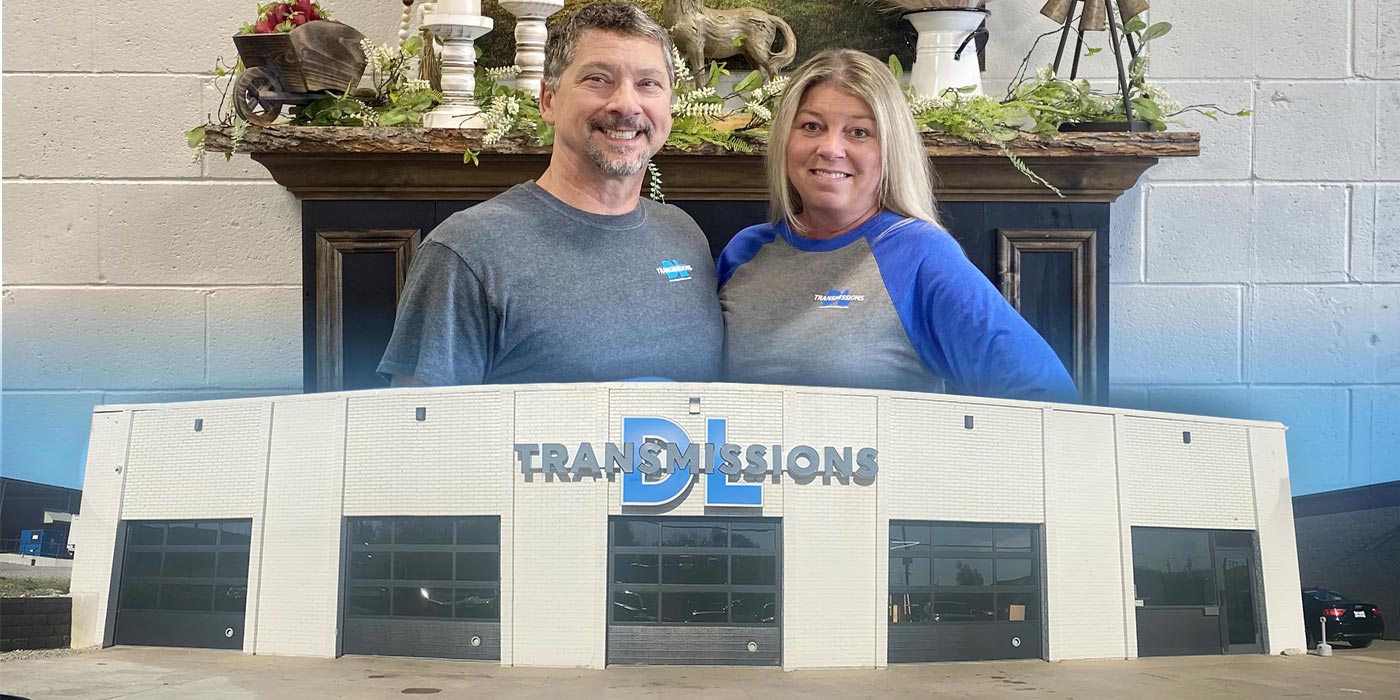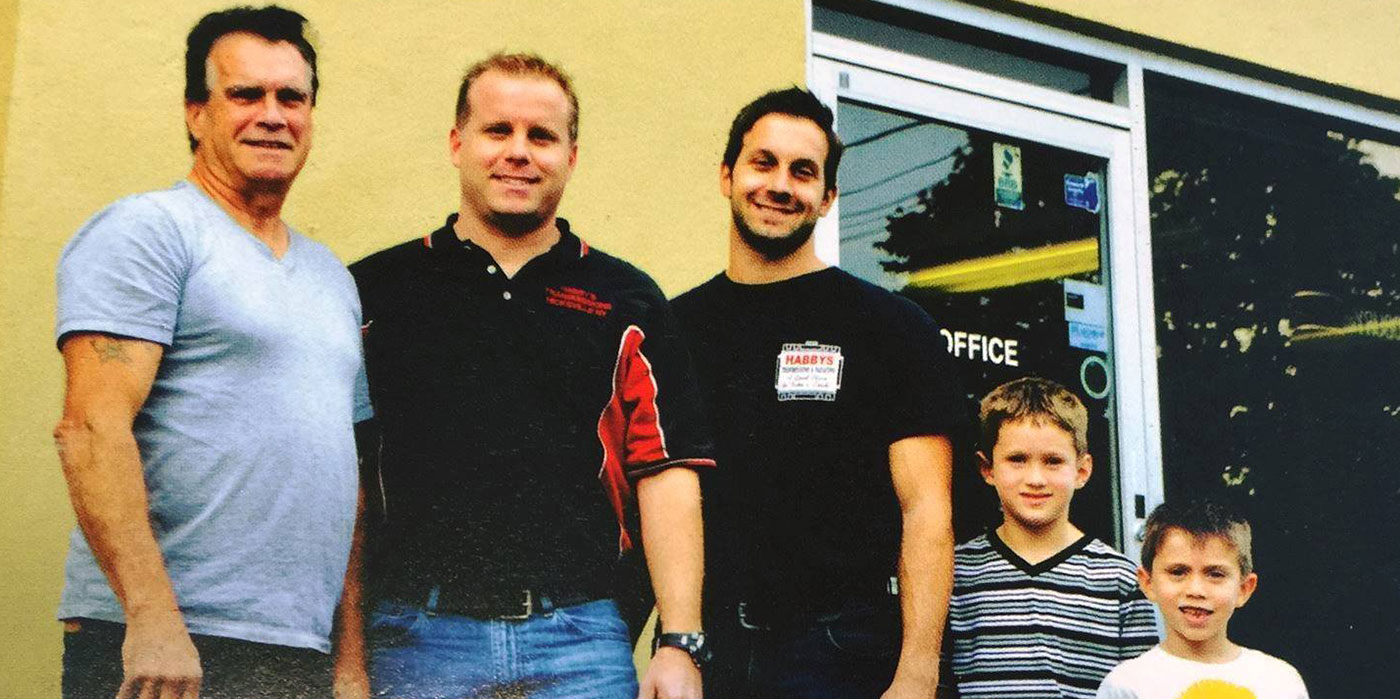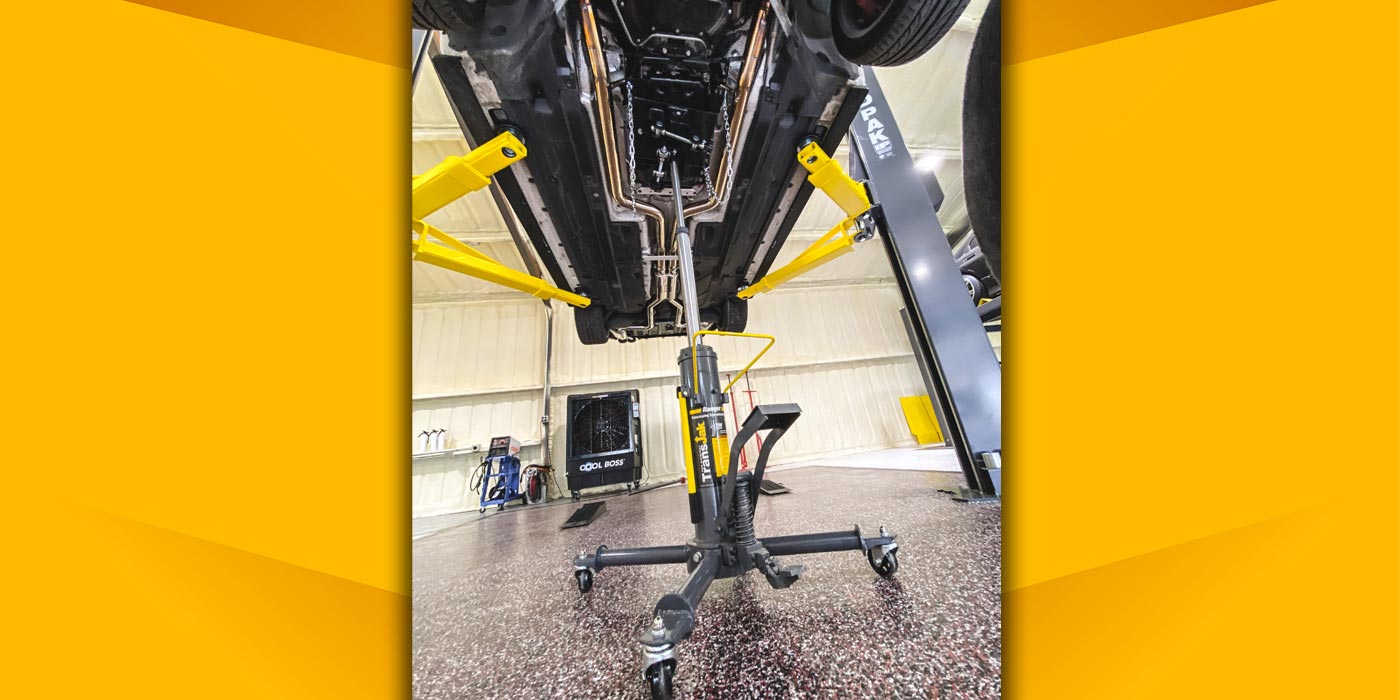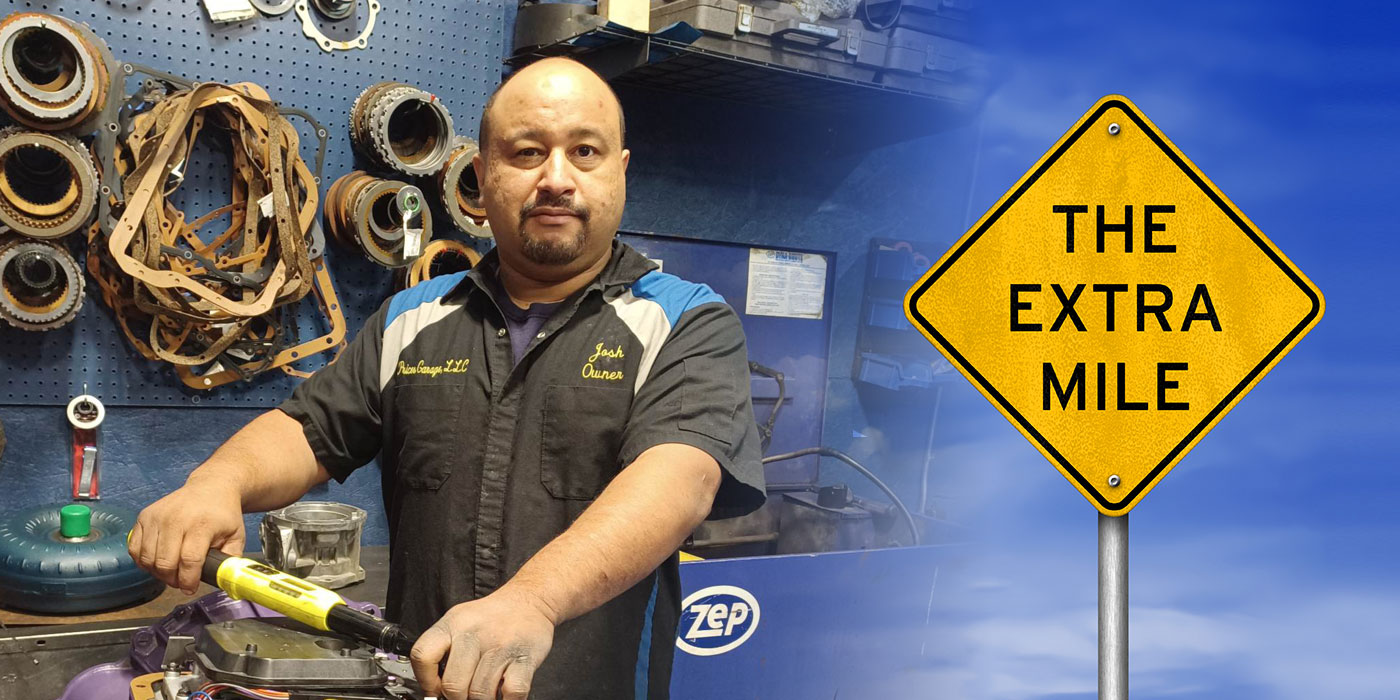
- Author: Terry Greenhut
- Subject Matter: Business philosophy
- Issue: Start with customers
Do you have a basic philosophy for your business? If you went to a banker to borrow money for expansion or new equipment and were asked to describe the basic philosophy of your business, how would you answer? How would you convince this lender to loan you money based on the way you do business and what you see in your future and that of the industry? What could you tell him or her that would show there’s a high probability you will be able to repay the loan?
If I were the banker, I would not only want to see the financial history of the company, but I would also want to be reassured that the owner has plans to keep it alive and successful long into the future because, after all, if I approve this loan it will take several years to repay; so the company needs to stay relevant for at least that long and hopefully a lot longer.
It may sound strange to talk about convincing a banker in a day and age when everything is computerized and past history dictates most of what’s going to happen in the future, but there is still the human factor, the sense that one person gets about another from conversation. I remember a time when a bank manager could approve a loan based on the applicant’s relationship with the bank, things like how much money went through the account, whether they kept current with their taxes and other obligations, and the big one, whether or not they were in the habit of bouncing checks. I had many interesting conversations with my bank manager long before I ever applied for a loan. I went to lunch with him and worked with him on several community projects so he knew me and how I felt about my business, its customers and employees, and how it served to community.
When the time came to ask for $50,000 to buy more equipment and expand the business, the money was in my account the next day. I know the approval system has changed a lot since then. There are loan committees and elaborate credit checks to get through, and even if you totally qualify, that doesn’t mean that the bank can’t come up with some reason for not lending the money. They can blame it on the current economic climate or whatever, but the fact remains that at some point in the process someone will want to interview you before passing the paperwork along to a decision making body. Whoever that interviewer is will be the one you need to impress with your business philosophy.

If I were the one conducting the interview, I would be interested in how the applicant feels about his or her employees, customers, the quality of workmanship they produce, their warranty policy, their relationship with suppliers, what they see in the future of their business and how involved they are with the community in which they operate. Every one of those factors would have to indicate to me that they are in it for the long haul. I wouldn’t be interested in helping the business owner who is looking to make a quick killing and run away because that would tell me the owner doesn’t care very much about customers, employees, or anyone but him or herself.
My philosophy always started with the customers since without them you don’t need to worry about anything else. Making sure customers get what they came in for, that they are treated with the highest level of respect, and receive true value for the money they spend were always my criteria. Notice I did not say they should be given low prices in order to earn their trust or try to get their business because I learned early on that if the shop can’t make a fair profit from the work it does, nobody will be happy. The shop owner won’t be happy with the money he or she is making and could conceivably cut back on wages, quality of parts, changing out all the necessary parts, honoring warranties, and the way they treat employees, customers, and suppliers. All of the above could send the shop on a downward spiral from which it might never recover.
Taking good care of customers by not making them wait to bring a car in when they think they have a critical problem, making their visits to the shop convenient and pleasant, diagnosing their problems correctly, recommending the proper repairs and services, pricing legitimately, finishing the work when promised, and being happy to take care of a comeback in a surprisingly good and fair manner, all lead to the highest possible rate of customer satisfaction.
Next is employees. Your philosophy regarding how you treat them and what you expect from them will often impact on your business. If you have unhappy or unfulfilled employees, odds are that they are not producing to their highest potential. Often they can become more focused on their grievances than on the job at hand. Some might feel that for what they are being paid or for the way they are treated that they really shouldn’t be putting out 100%.
While you can’t force employees to take pride in their work short of firing them for not doing it, you can lead by setting the example. If you are proud of the shop and the people who work for you, it will show; customers and employees will both see it.

Building employee self-esteem should be a major goal. That’s done by praising them when they do something right instead of scolding them when they do it wrong. Employees love praise. They thrive on it. When you tell someone they did a nice job, they want to go right out and do it again to get more praise. When you chastise people for doing things wrong, you create a negative atmosphere in which they are either constantly in fear of your negative criticism or they get to the point where they just don’t care anymore.
I believe that employees are happiest when they know what they’re doing, when they have confidence in the decisions they make. How do you give them that confidence? By allowing or forcing them to learn. One of the requirements for employment should be that employees must attend training programs when they are offered. Most businesses require a certain amount of training. Ours, as high tech and always changing as it is, should require more than most, not less. Any employee who refuses to accept training should be informed that his or her decision will grossly impact their future with the company. There can be no raises for anyone not willing to learn more and the refusal of a direct order to attend training will likely lead to dismissal. If that sounds harsh, I know it is, but it’s necessary. Given the choice, often employees won’t attend training even if the company is paying for it and even if they are being paid to attend. Some longer term employees take it as an insult that they have to attend training as if the boss doesn’t have faith in their abilities.
Employees with insufficient training lead to comebacks and never-leaves, slowing the operation and costing the company money and especially customers, so my philosophy is, “If they won’t take training they are not team players and don’t deserve to be part of the team.”
Sometimes an employee will ask for a raise after having completed some type of a training program. A lot of shop owners are afraid of that. They are also afraid that the employee will go out on his own and become the competition if he or she learns too much. I wouldn’t be afraid of either one of those eventualities. First off, if employees learn more they might be worth more to you, a raise might be in order. Secondly, just because employees learn more doesn’t mean they are going to run out and start their own businesses. Most of them are much happier earning a paycheck from an employer than having the weight of their own business on their shoulders. Add to that the cost of starting up a new business and the likelihood of failure in the first few years, and most employees aren’t even interested. If you do find one with that kind of initiative and desire you might consider becoming a partner in his or her new venture.
One shortcoming I think most shop owners have is in recognizing when an employee should get a raise, especially if the employee is one that you’ve trained up from a pup. It’s a lot like the parent-child syndrome in which the parent never thinks of the child as having grown up even though he or she has. A new employee who starts as an apprentice may always be that in the eyes of the employer. Often it isn’t until someone comes along and offers the now fully trained employee a position, at a much higher salary, does the employer realize that he or she hasn’t kept up with raises as this employee’s skills have developed? By then it could be too late. If the employee feels unappreciated he or she might just move on if for no other reason than to see what else is out there.

I had 17 employees. I tracked every one of them. I knew when I gave them raises, how much, and for what. I never believed in giving raises just for longevity. To me that was just rewarding them for showing up. I gave raises for accomplishments like learning how to build or install some new transmissions, for passing ASE certification tests, or for completing training courses. I also recognized employees who helped to train others or who gave excellent customer service.
My philosophy about community is simple. You operate your business in it, become a part of it. If you ever put pins in a map to indicate where your customers come from, you would see that most are within a few miles of your business. Getting involved in community events shows you to be the good guy that you are and gives people a chance to meet you other than in the stressful circumstance of their car needing something major. You can build a level of trust that will carry over to a time when they really do have a problem for which they can use your help.
The philosophy of your business is a package. It encompasses every aspect of it and no part should be neglected. There needs to be a delicate balance that is constantly adhered to. There is no such thing as coasting. We would like to think that after some period of time the business should run itself, but it doesn’t; that’s what you are there for, to make certain your business philosophy is always maintained.



